Vitamins are micronutrients that help our natural bodily functions keep going.Integrating a varied diet rich in vitamins in your regular meals is a must to ensure that you stay in the best shape possible. They’re the hidden spice to a full life. But here’s the catch: many times we pass past our fruits and vegetables when selecting the content of our daily diet. Some people ignore what vitamins their bodies need, and the consequences could well be a deficiency in some or more forms of vitamins. Finally, it’s time to take action and change the way we approach our health. The mere act of including vitamin-rich foods in our meals is far more than just eating; it is giving ourselves a wholesome inner nourishment. Knowing where these vitamins come from, makes it easy to include nutrient-rich foods in our everyday dishes. This way will help us have a healthier way of life.
Best Sources of Vitamins
Vitamin A: The Eye and Immune Booster
Vitamin A notably plays an important role in the maintenance of healthy vision, building up a robust immune system, and regulation of cell growth and differentiation. Great sources of beta-carotene (which is converted by the body to vitamin A) are carrots and sweet potatoes. Also, dark green vegetables like spinach, kale, and the liver are good sources of Vitamin A. The regular intake of these foods helps in the supply of necessary amounts of vitamin A which goes a long way to ensure health status and well-being.
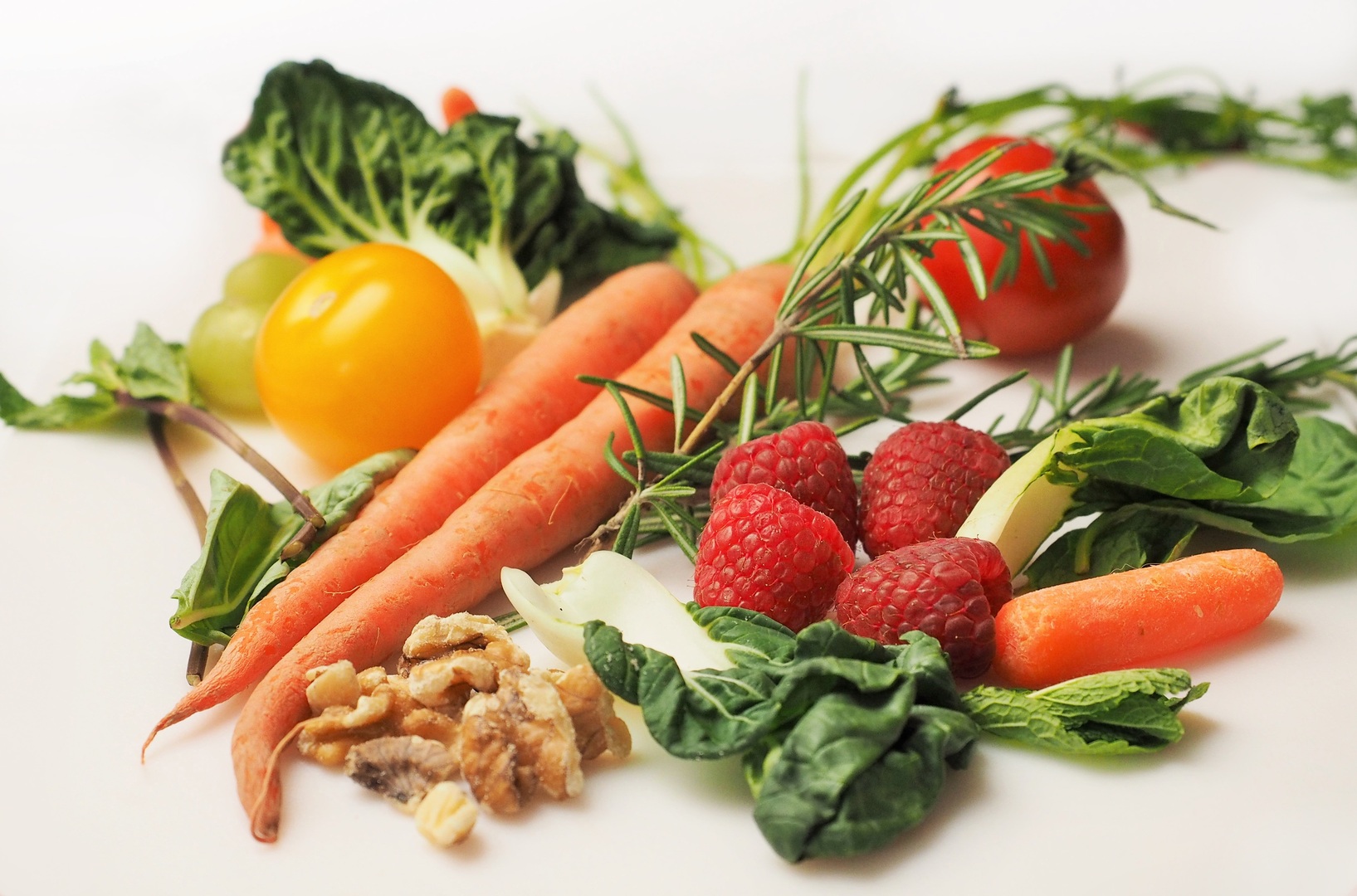
Vitamin C: The Immune System Champion
Not only is it studied for its immune-supporting properties but also for its ability to help deal with infections. Fruits like strawberry, oranges, peppers, broccolis, etc contain Vitamin C in abundance. As a powerful antioxidant, it helps in guarding the individual components of the body from damages caused by the free radicals. Consuming foods that include vitamin C can help you improve the immune system and improve your health.
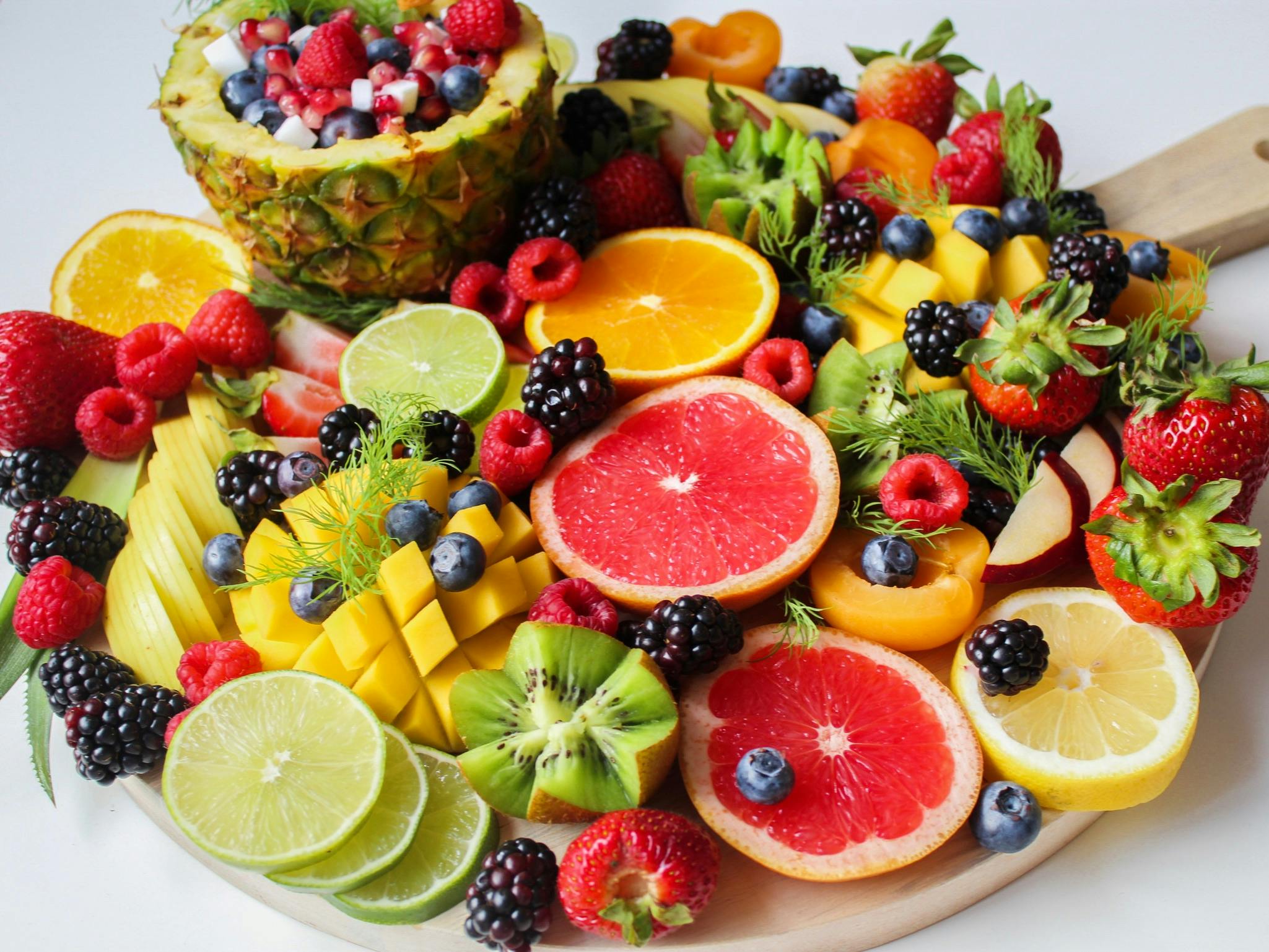
Vitamin D: The Sunshine Vitamin
Vitamin D is what sets itself apart from other types of vitamins in that our bodies can actually create it in response to a sufficient exposure to the sunlight. Nevertheless, numerous individuals may be unable to obtain adequate sunlight exposure for vitamin D and that is specifically true during the winter months or with those who live in the northern latitudes. The best dietary choices to obtain vitamin D are fatty fish, fortified dairy products and especially the yolk of eggs. Vitamin D supports the structure of bones, helps the immune system, and reduces the risk of long-term diseases. To keep proper levels of D vitamin you need to eat it sufficiently.
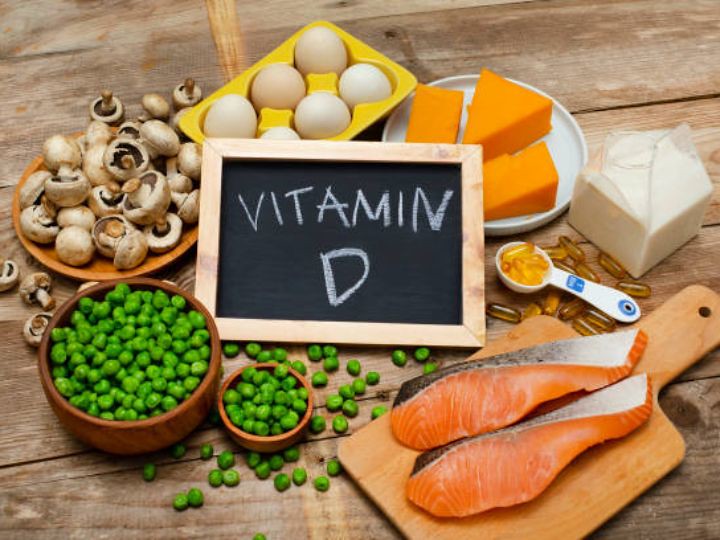
Vitamin E: The Antioxidant Powerhouse
Vitamin E is one of the most powerful antioxidants among all vitamins that protects the cells from the damage from oxidative stress. Nuts, seeds, vegetable oils and leafy greens are just some of the beneficial foods rich in vitamin E. Consuming these foods can promote heart health, as well as keep your skin healthy and clear from inflammation.
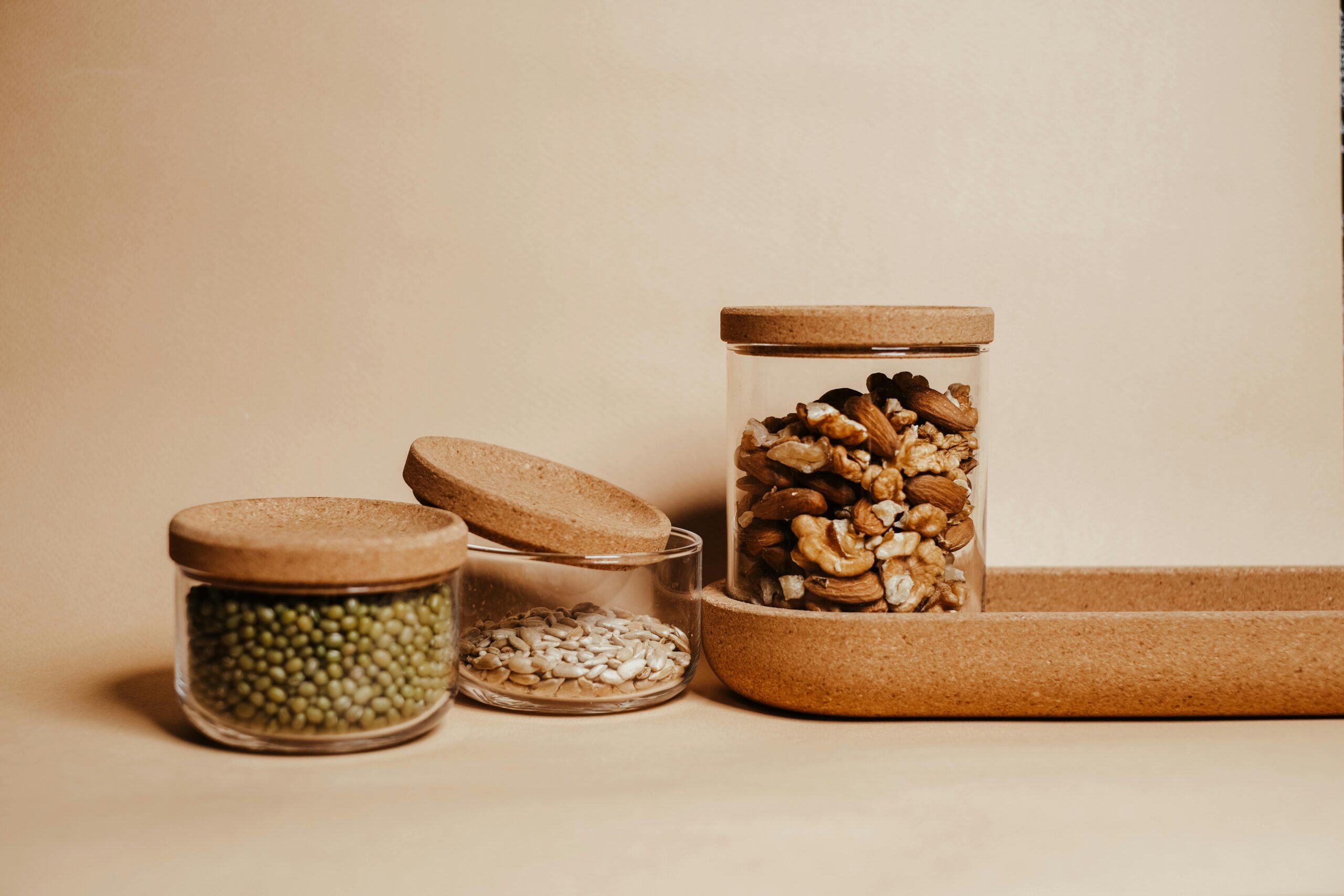
Vitamin K: Essential for Blood Clotting and Bone Health
Vitamin K plays a critical role in blood clotting and bone metabolism. Leafy greens, such as kale, spinach, and collard greens, are excellent sources of vitamin K. Consuming adequate amounts of vitamin K is essential for maintaining healthy blood clotting function and supporting bone health.

B Vitamins: Energy and Metabolism Boosters
The B vitamins, for instance B12, B6, and folate contribute to overall energy generation, metabolism, and the nervous system. For examples meat, fish, poultry, eggs, dairy products and dark green leafy vegetables are all great sources of the B complex vitamins group. It is necessary to properly intake B vitamins as these play an important role in the process of balancing energy level as well in regulating metabolism resulting to general wellness.

- B1 (Thiamine):
- Whole grains (such as brown rice, barley, and oats)
- Legumes (like beans and lentils)
- Nuts and seeds (especially sunflower seeds)
- Pork and fortified cereals
- B2 (Riboflavin):
- Dairy products (such as milk, yogurt, and cheese)
- Lean meats (like chicken and turkey)
- Leafy green vegetables (such as spinach and broccoli)
- Fortified cereals and eggs
- B3 (Niacin):
- Meat (especially poultry and fish)
- Peanuts and other nuts
- Whole grains and enriched flour products
- Mushrooms and green peas
- B5 (Pantothenic Acid):
- Beef and chicken liver
- Avocado and avocado oil
- Sunflower seeds and peanuts
- Whole grains and legumes
- B6 (Pyridoxine):
- Poultry (such as chicken and turkey)
- Fish (like salmon and tuna)
- Potatoes and other starchy vegetables
- Bananas and fortified cereals
- B7 (Biotin):
- Egg yolks
- Nuts (especially almonds, peanuts, and walnuts)
- Seeds (such as chia seeds and sunflower seeds)
- Sweet potatoes and other root vegetables
- B9 (Folate):
- Leafy green vegetables (like spinach and kale)
- Legumes (such as beans and lentils)
- Citrus fruits (such as oranges and grapefruits)
- Fortified grains and cereals
- B12 (Cobalamin):
- Meat (including beef and lamb)
- Fish (such as salmon, trout, and tuna)
- Dairy products (like milk, cheese, and yogurt)
- Eggs and fortified plant-based foods (such as nutritional yeast and fortified cereals)

Balanced meals which contain different vitamins and minerals rich food are necessary to achieving your nutrient requirements and enhance overall well-being. By taking advantage of a whole host of nutritious foods for every day eating, you let your body fill up its nutrient supply and develop its health as such.

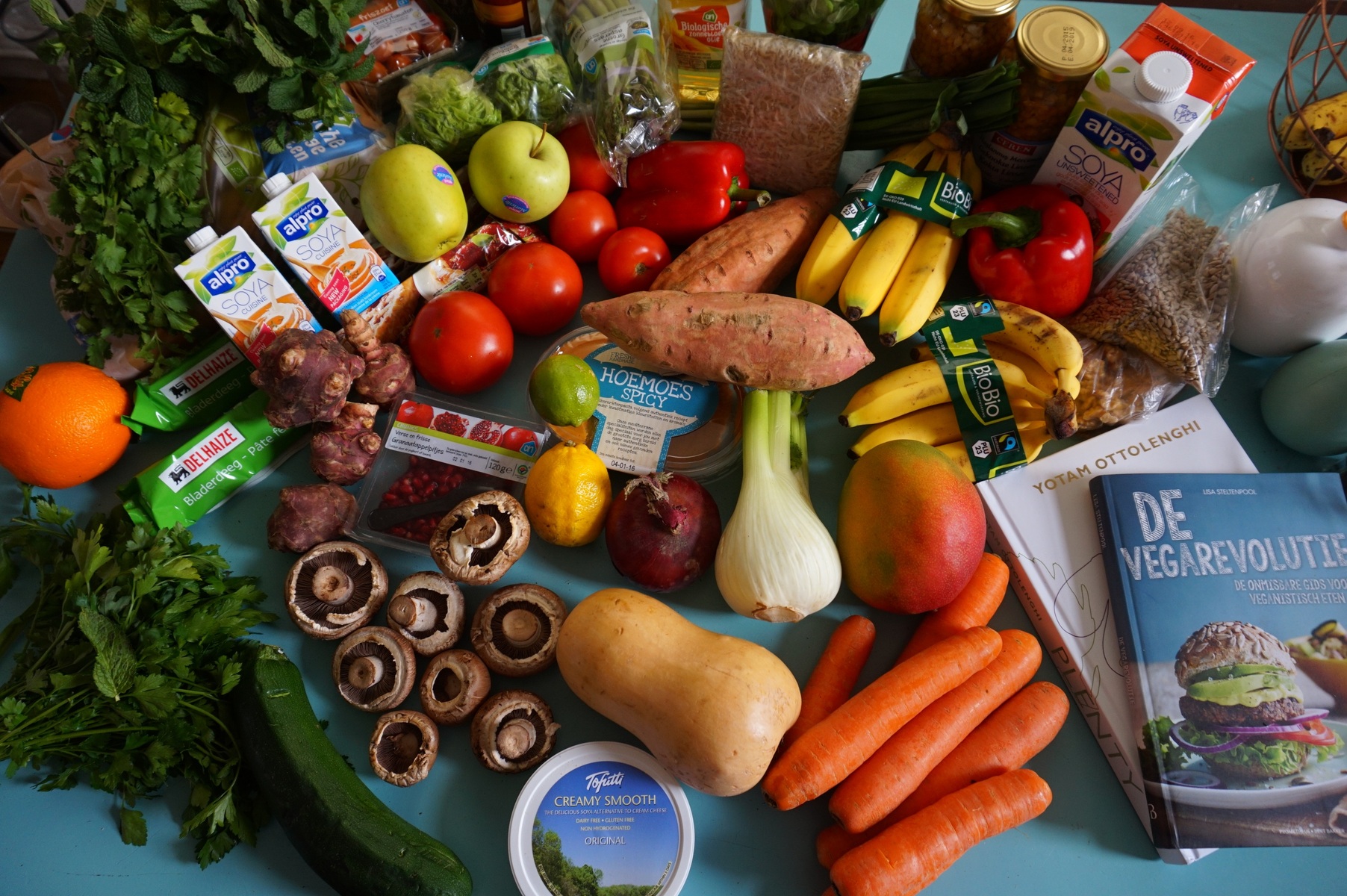



Leave a Reply